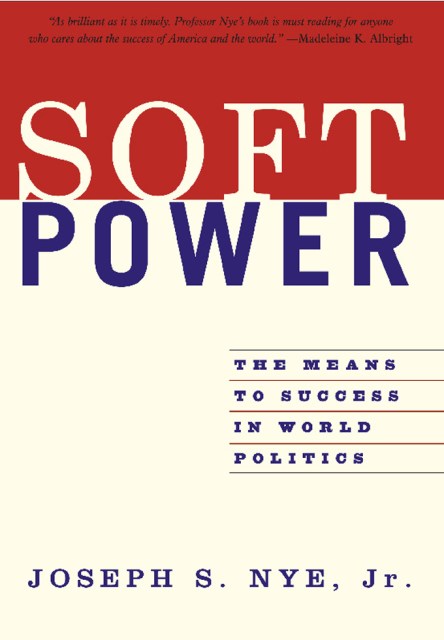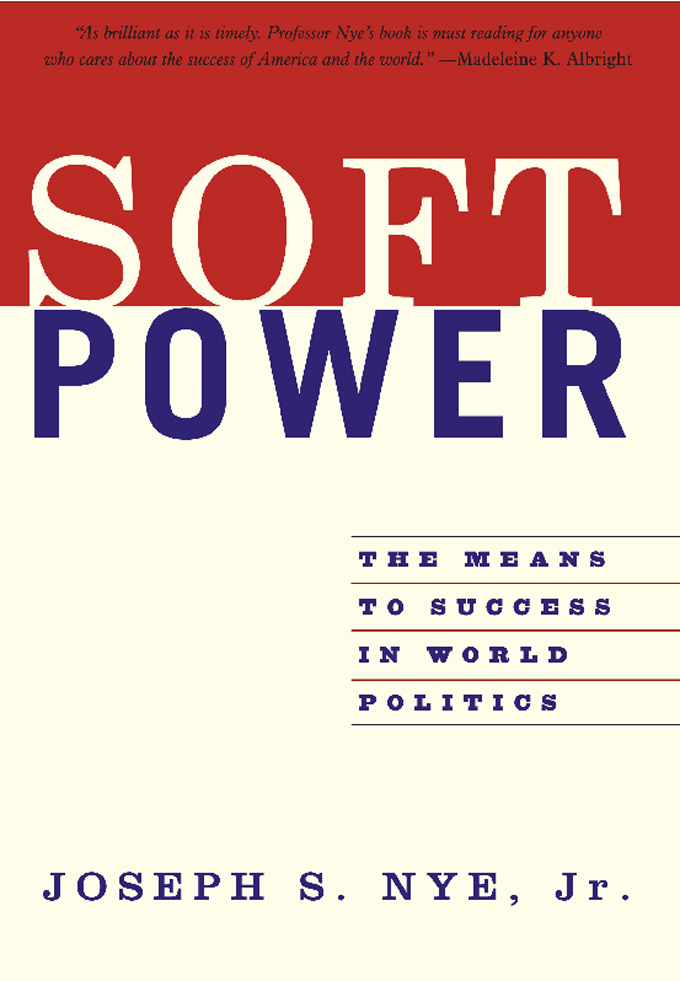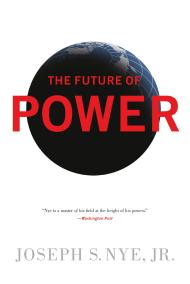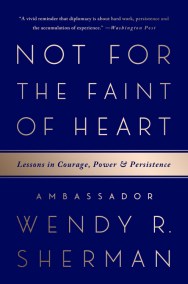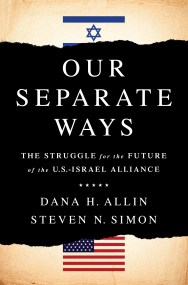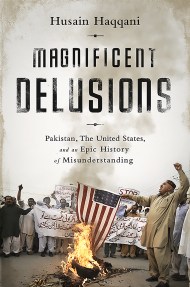By clicking “Accept,” you agree to the use of cookies and similar technologies on your device as set forth in our Cookie Policy and our Privacy Policy. Please note that certain cookies are essential for this website to function properly and do not require user consent to be deployed.
Soft Power
The Means To Success In World Politics
Contributors
Formats and Prices
- On Sale
- Apr 28, 2009
- Page Count
- 208 pages
- Publisher
- PublicAffairs
- ISBN-13
- 9780786738960
Price
$10.99Price
$13.99 CADFormat
Format:
- ebook $10.99 $13.99 CAD
- Trade Paperback $18.99 $24.99 CAD
This item is a preorder. Your payment method will be charged immediately, and the product is expected to ship on or around April 28, 2009. This date is subject to change due to shipping delays beyond our control.
Buy from Other Retailers:
Joseph S. Nye, Jr. coined the term “soft power” to describe a nation’s ability to attract and persuade. Whereas hard power—the ability to coerce— grows out of a country’s military or economic might, soft power arises from the attractiveness of its culture, political ideals, and policies.
Hard power remains crucial in a world of states trying to guard their independence. But Nye argues that soft power – diplomacy, economic assistance, trustworthy information — is essential as well in securing America’s national interests. One of the most influential books on foreign policy every written, Soft Power offers vital guidance in an age of geopolitical turmoil.
-
“Policy makers who are reshaping America’s world role and contemplating the decline of American prestige will find Joseph Nye’s Soft Power indispensable.”Dallas Morning News
-
“Nye combines a theoretical argument about the nature of power in the modern, interdependent world with a practical critique of the unidimensional vision of the Bush administration, drunk on its image of military prowess and blind to what his subtitle calls the means to success in world politics.”Washington Post Book World
-
“As brilliant as it is timely, Professor Nye’s book is must reading for anyone who cares about the success of America and the world.”Madeleine K. Albright
Newsletter Signup
By clicking ‘Sign Up,’ I acknowledge that I have read and agree to Hachette Book Group’s Privacy Policy and Terms of Use
